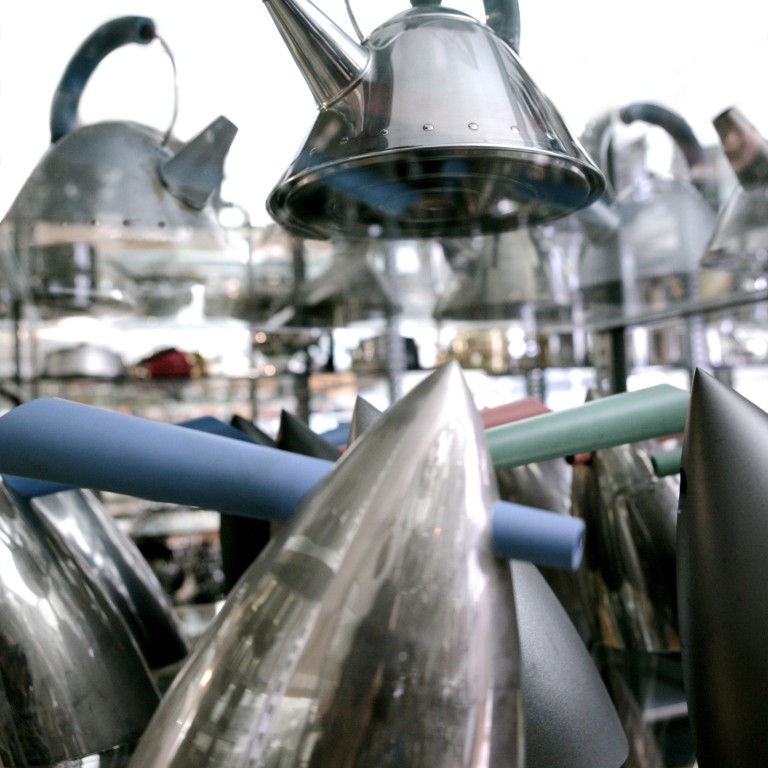
Paranoid? Russian newspaper accuses China of spying through kettles
Microchips capable of collecting computer and phone data were hidden in Chinese home appliances, the newspaper reports.
The machine boiling the water for that cup of Russian Caravan tea might just be a Trojan horse, according to Russian authorities who claim that kettles imported from China are bugged, using unsecured wifi networks to send data to Chinese servers.
“Some politicians should abandon their habitual Cold War thinking, learn to view China from a cooperative perspective and acknowledge the status changes of China and the US in a comprehensive and objective manner,” read the article, written by a senior editor at government mouthpiece newspaper The People’s Daily.
According to the tech-savvy The Register, the Chinese kettle bugs are feasible, but the claim they were detected due to overweight freight readings is highly unlikely.
The customs broker mentioned in the original Russian story did not answer several telephone calls made by the Post.

